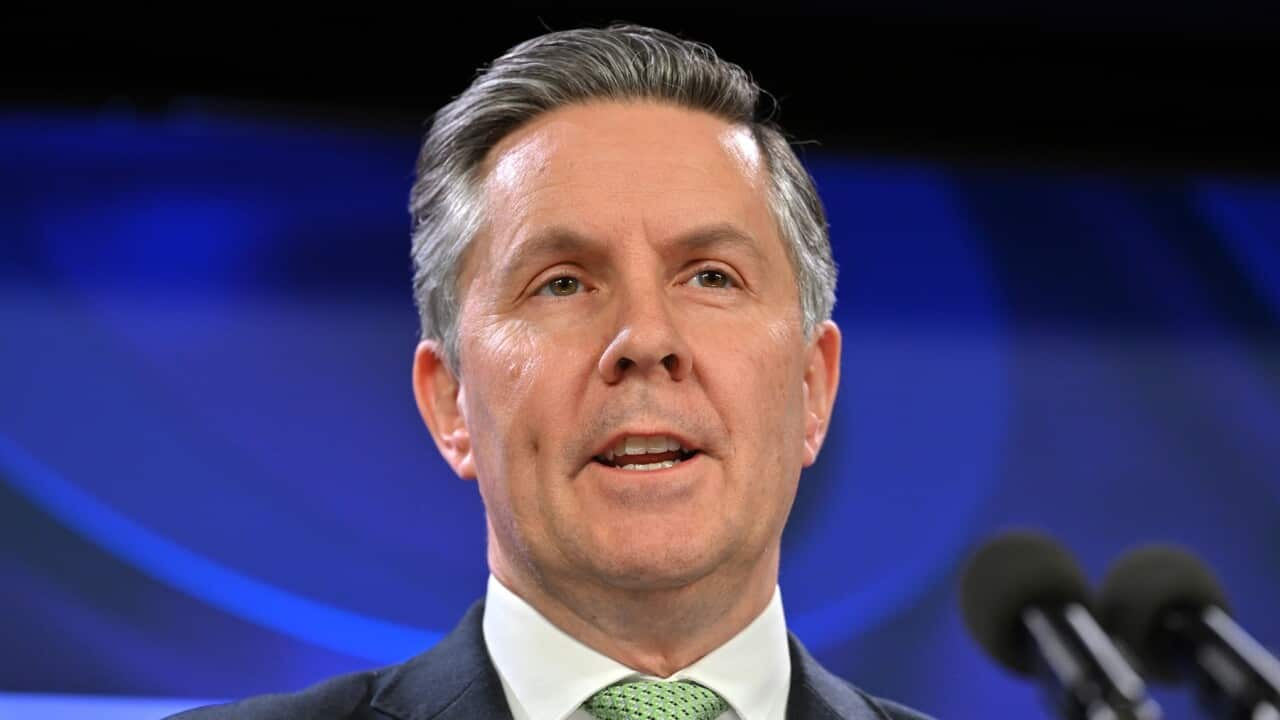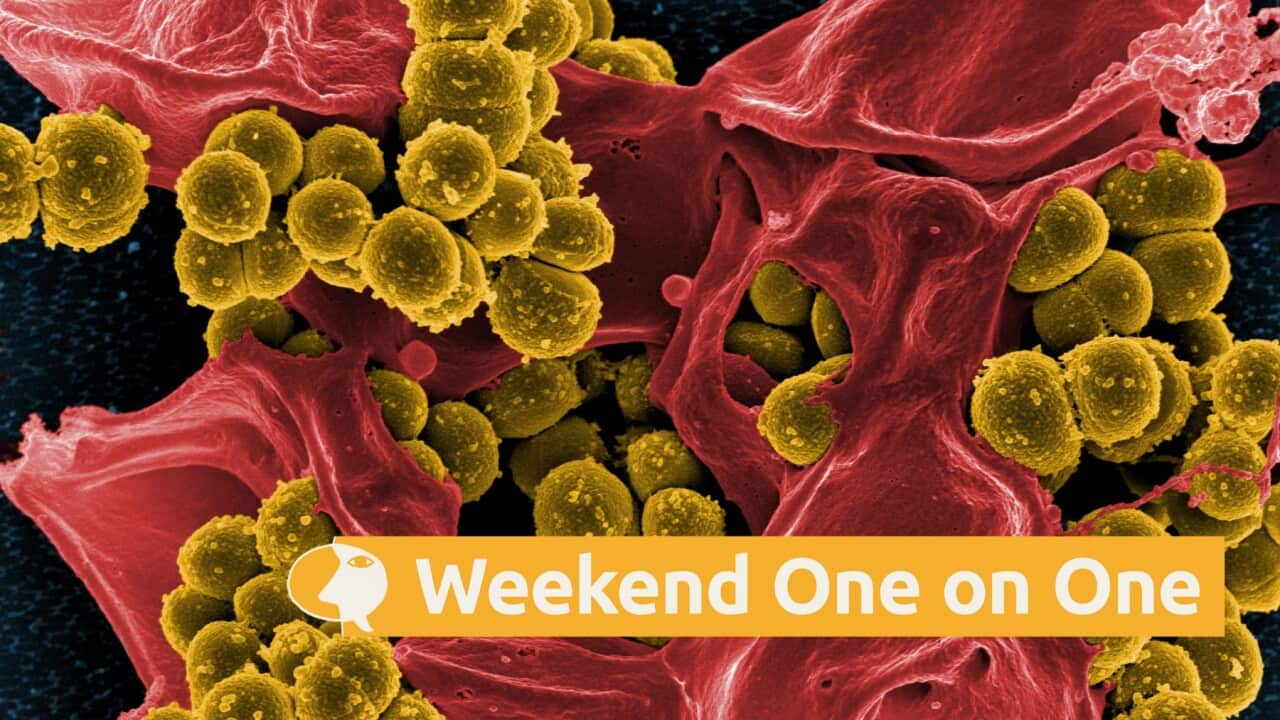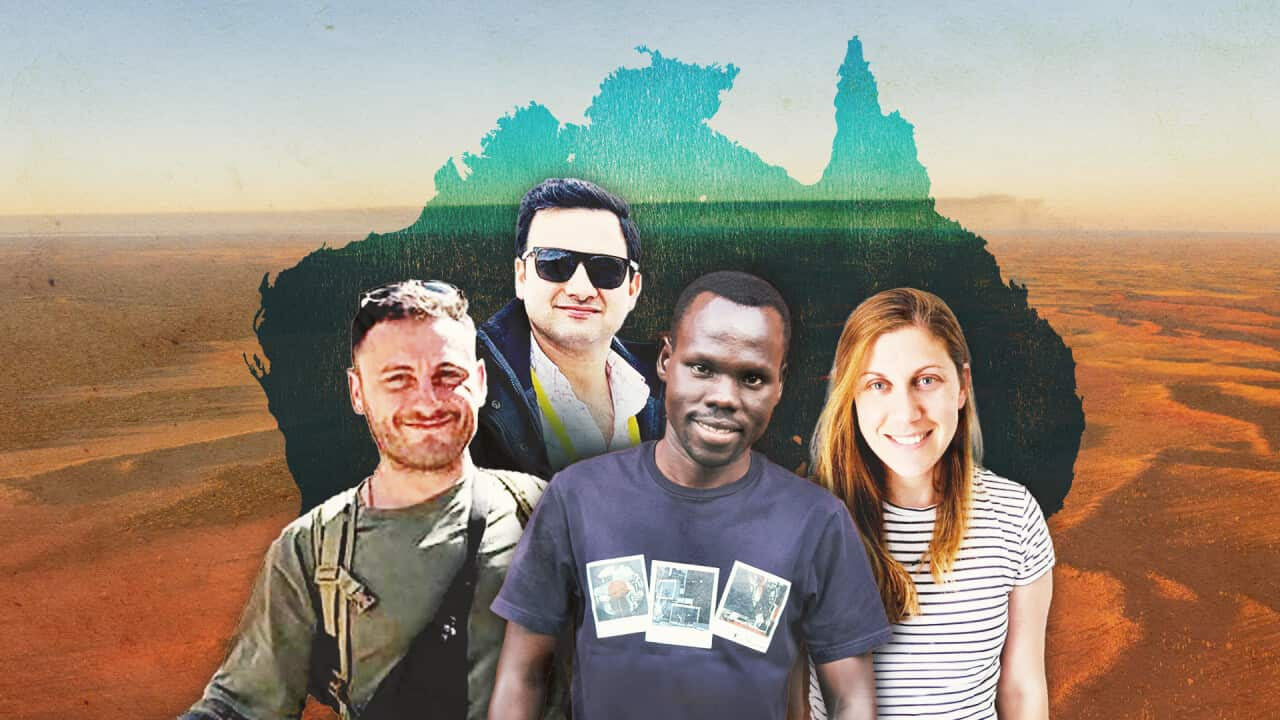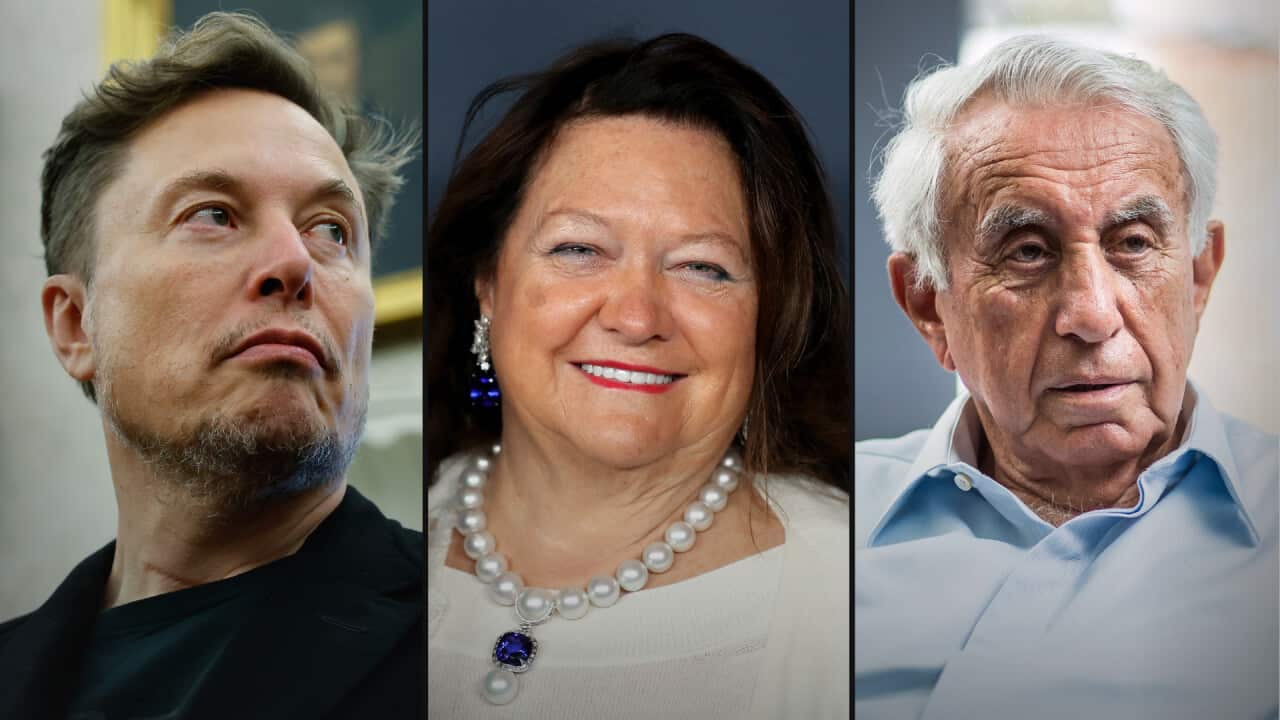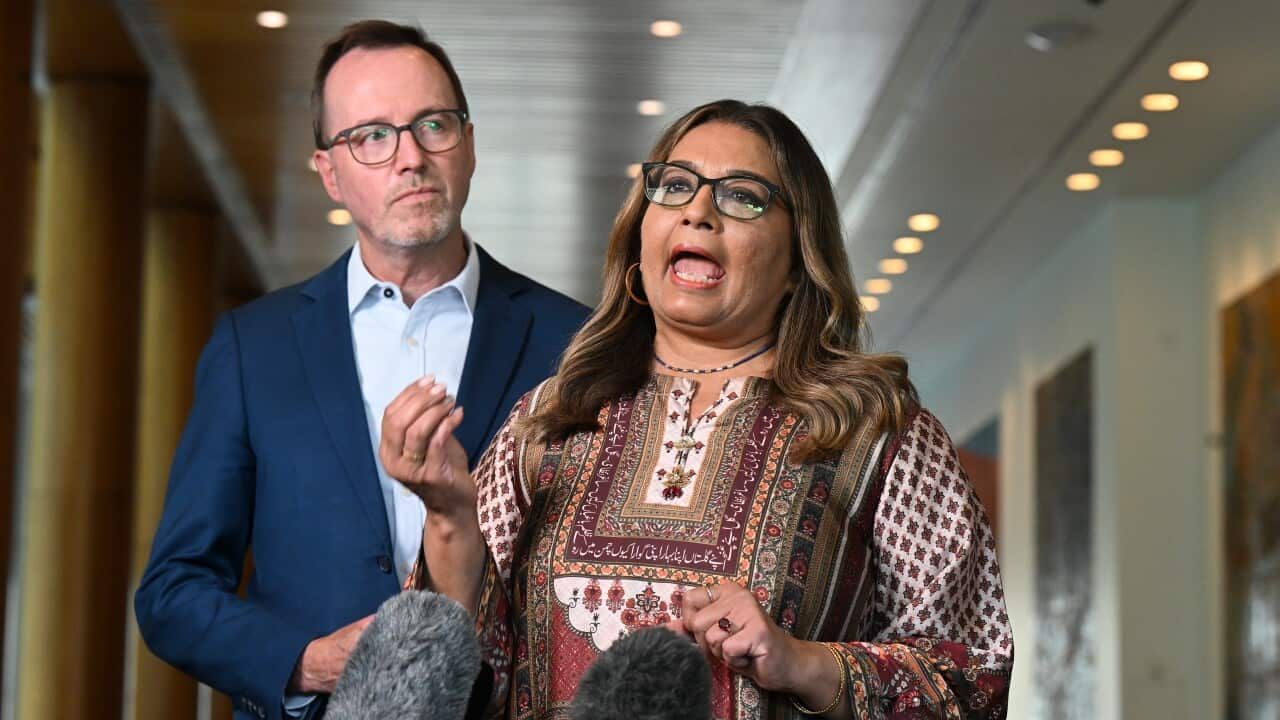Listen to Australian and world news, and follow trending topics with SBS News Podcasts.
TRANSCRIPT:
The government's announcement of a new approach to autism funding caught many by surprise - including service providers, parents and autism advocates.
Jenny Karavolos is co-chair of the Australian Autism Alliance.
"We're a little bit perplexed. We definitely welcome that there is a commitment to children's development but we haven't had any consultation, so we're a little concerned about what this actually means for autistic children and their families."
She's referring to a new program called Thriving Kids, announced by federal Health Minister Mark Butler on Wednesday.
With an initial cost of $2 billion, its goal is to re-direct children diagnosed with what the minister calls "mild to moderate" autism away from the National Disability Insurance Scheme.
Mr Butler says the number of children entering the NDIS with developmental delay or autism diagnoses is growing at an unsustainable pace.
"I think most Australians would be alarmed to know that one out of every 10 6-year-olds are in the NDIS, including 16 per cent of 6-year-old boys. // Tens and tens of thousands of young children with mild to moderate developmental delay or autism are on a scheme set up for permanent disability."
Under the Thriving Kids plan, the government aims to improve and strengthen access to existing support networks, such as GPs and other community health.
It would include bulk-billed developmental checks for 3-year-olds, and improved training for health professionals.
Where further support is needed, the minister says Medicare could fund access to occupational therapy, speech pathology or psychosocial therapy.
"Individualised plans and budgets make sense for people with lifelong disability – giving them more choice and control over the support they receive. But families with a young child who’s missing some milestones are not best helped by receiving a budget of $10, $20 or $30,000 and being expected to work out themselves how to spend it. And, frankly, many of those children are then being over-serviced."
The minister also suggests the government could scale up drop-in support at community centres, and create a nationally consistent online information service - like 1800-MEDICARE or the Carer Gateway.
Early childhood education providers and schools would also play an increased role.
"Mental Health in Primary Schools – or MHiPS – is just one example of a more broad-based approach to supporting young children with a range of needs, including autism and ADHD. Developed by the Murdoch Children’s Research Institute, this program has been delivered already across Victorian schools and is now being piloted in Queensland and South Australia."
Mark Butler says the state governments have collectively agreed to match the federal government's $2 billion commitment to the scheme.
But Victorian Premier Jacinta Allan says several states are still catching up.
"Like many states and territories we heard about the proposed changes from the federal government when the Minister made his address. We stand ready to work constructively to go through the detail, and I think that's particularly important when we know that there are many families today who have got many questions."
Katie Koullas runs Yellow Ladybugs - a charity supporting autistic girls, women and gender-diverse people.
She describes the announcement as "heartbreaking”.
"I'm autistic and I've got two autistic teen girls. We would be considered mild as per the minister's statements, but what's damaging about that is that our experience isn't mild at all. And so, when you use those kind of descriptions, you are not fully understanding the internalised experiences. There is such a cost to masking, growing up in a world which isn't built for us. So there is a lot of impact on mental health, and in our community there's a lot of self-harm, and eating disorders and 'school can't'. And that's the real cost we start to see throughout the life stages of families like ours."
A joint statement released by People with Disability Australia on behalf of 11 organisations says they are disappointed the government hasn't yet engaged with the autism community on the plan.
It also cautions against a "one-size-fits-all approach" which lacks the choice and control around supports afforded by the NDIS.
Maguy lives in Sydney with her three children.
Her son Nicolas, now 18, a has moderate intellectual disability and autism.
She says the supports funded by the NDIS were life-changing for her family, but it doesn't matter what program the funding comes from.
What is crucial, she maintains, is that children receive early intervention.
"The intervention works. We've seen the data, we've seen the evidence. What the ideal picture is, that when they are younger the receive that intensive intervention. And so that parents are trained to work with their child, and they understand their child, and the child also learns to communicate more effectively, and so their chances of finding employment when they're older and their chances of actually having a happier life because they're able to communicate more effectively are going to be much greater."
The cost of the NDIS is growing at around 22 per cent per year, eclipsing growth in Medicare, Defence and Aged Care spending, and threatening the viability of the scheme.
Following an independent review in 2023, the government resolved to bring that growth down to eight per cent in the short-to-medium term, before further reining it in.
The Coalition, for now, is withholding support from the new changes.
Opposition Social Services Spokesperson Amanda Ruston says more detail is needed.
"We still don't know what's happening with Foundational Supports, which was another change to the NDIS program last year. So we've got another announcement with no details and no certainty, and no pathway through which the Minister has announced that he's actually going deliver what he said."
The Thriving Kids program is intended to roll out from July next year and be fully implemented by July 2027.
